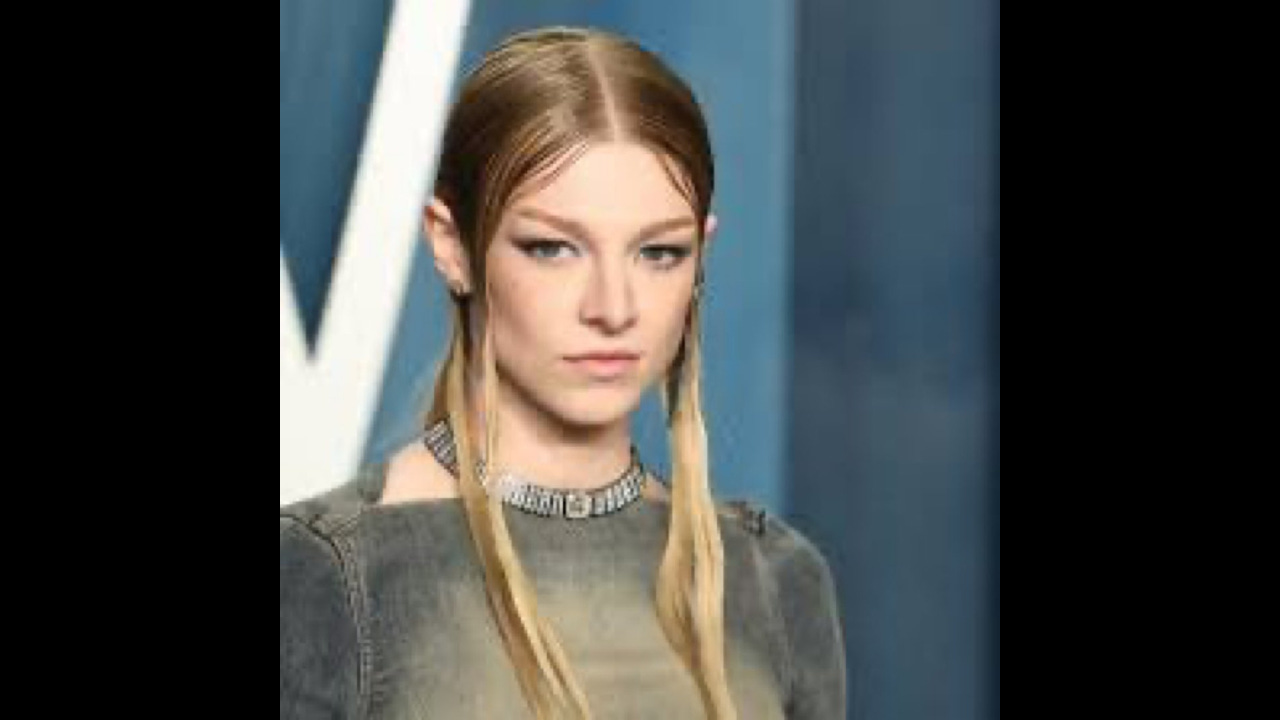The Illusion of Casting - Why The Idea Of Hunter Schafer As Zelda Was Always Doomed to Break
In the months following early casting rumors for a live-action Legend of Zelda film, a surge of online chatter emerged around actor and model Hunter Schafer potentially being cast as Princess Zelda. The idea took hold in many fan circles, largely inspired by red carpet images and editorial photos that suggested an ethereal, elegant femininity. At first …
Keep reading with a 7-day free trial
Subscribe to Fandom Pulse to keep reading this post and get 7 days of free access to the full post archives.






